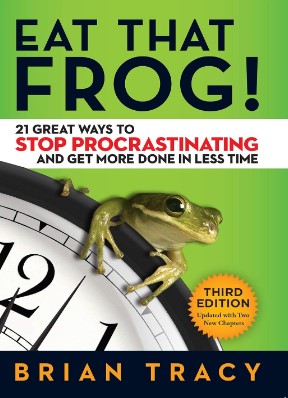“The Psychology of Money” by Morgan Housel is hands down the best personal finance and investing book I’ve ever read.
Housel, a partner at the Collaborative Fund and former columnist for the Wall Street Journal and the Motley Fool, brings a refreshing brevity to a field often plagued by verbosity.
Clocking in at under 250 pages, the book is concise and to the point, making it a rare gem that respects the reader’s time.
What sets “The Psychology of Money” apart is its profound insight into the behavioral aspects of finance.
Housel argues that financial success is less about intelligence and more about behavior. Through 20 short chapters filled with engaging stories and anecdotes, he illustrates that our financial outcomes are heavily influenced by luck and risk, forces often beyond our control.
This perspective is both humbling and enlightening, urging readers to acknowledge the role of randomness in their lives.
One of the most striking chapters explores the interplay of luck and risk. Housel emphasizes that while hard work is essential, it’s not the sole determinant of success.
Recognizing the influence of luck, he advises against attributing 100% of outcomes to individual efforts.
This nuanced view helps readers approach their financial lives with a balanced perspective, appreciating their achievements while remaining empathetic towards those less fortunate.
Housel also underscores the importance of focusing on broad patterns rather than specific case studies when analyzing success and failure.
He points out that extreme examples, like billionaires or spectacular failures, are often influenced by extraordinary luck or risk, making their lessons less applicable to most people.
Instead, he advocates for studying common patterns that are more relevant to our own experiences.
The distinction between getting wealthy and staying wealthy is another key theme. Housel explains that while many strategies exist to accumulate wealth, preserving it requires a different skill set, centered on frugality and a healthy dose of paranoia.
He uses the cautionary tale of Jesse Livermore, a brilliant trader who amassed a fortune only to lose it all due to overconfidence and risk-taking.
Housel’s advice is clear: survival is the cornerstone of financial success, and having adequate cash reserves is crucial to weathering market downturns and allowing compounding to work its magic.
Compounding, indeed, is one of the most powerful forces in finance, and Housel illustrates this with the example of Warren Buffett, whose fortune is largely a result of his long-term investing.
The key, Housel argues, is not necessarily achieving the highest returns but sustaining good returns over an extended period.
Housel also delves into the intrinsic value of wealth, emphasizing that its greatest benefit is giving you control over your time. This freedom, he argues, is the highest dividend money can pay.
Another thought-provoking chapter addresses the role of surprises and unknowns in the economy.
Housel highlights how unprecedented events, which are impossible to predict, often shape our world.
He advises readers to save not just for specific goals but as a hedge against life’s inevitable surprises.
Throughout the book, Housel tackles the folly of forecasters and the pitfalls of relying too heavily on historical data to predict future events.
He reminds us that economies and markets are constantly evolving, and what worked in the past may not necessarily apply today.
Finally, Housel explores the concept that nothing in life is free, including financial success.
He points out that the “fee” for high returns is often volatility and uncertainty, and understanding this price is crucial to making informed investment decisions.
“The Psychology of Money” is a treasure trove of wisdom, blending financial acumen with profound psychological insights.
It’s a must-read for anyone looking to improve their financial literacy and gain a deeper understanding of the forces that shape our financial lives.
This book is a rare find in a sea of mediocre investment advice, and I highly recommend it.
Order Psychology of Money Now on Amazon for just $10.98
or
Order your copy NOW on AliExpress at just $10.54!


Pingback: 1984 by George Orwell: A Review - Book Nerd
Pingback: Wuthering Heights by Emily Bronte: A Review - Book Nerd